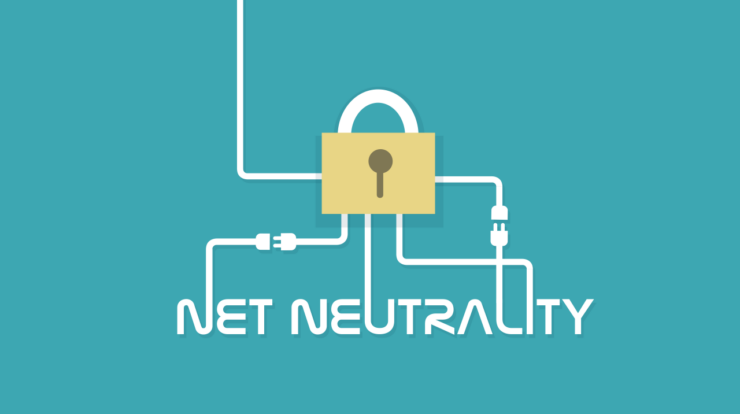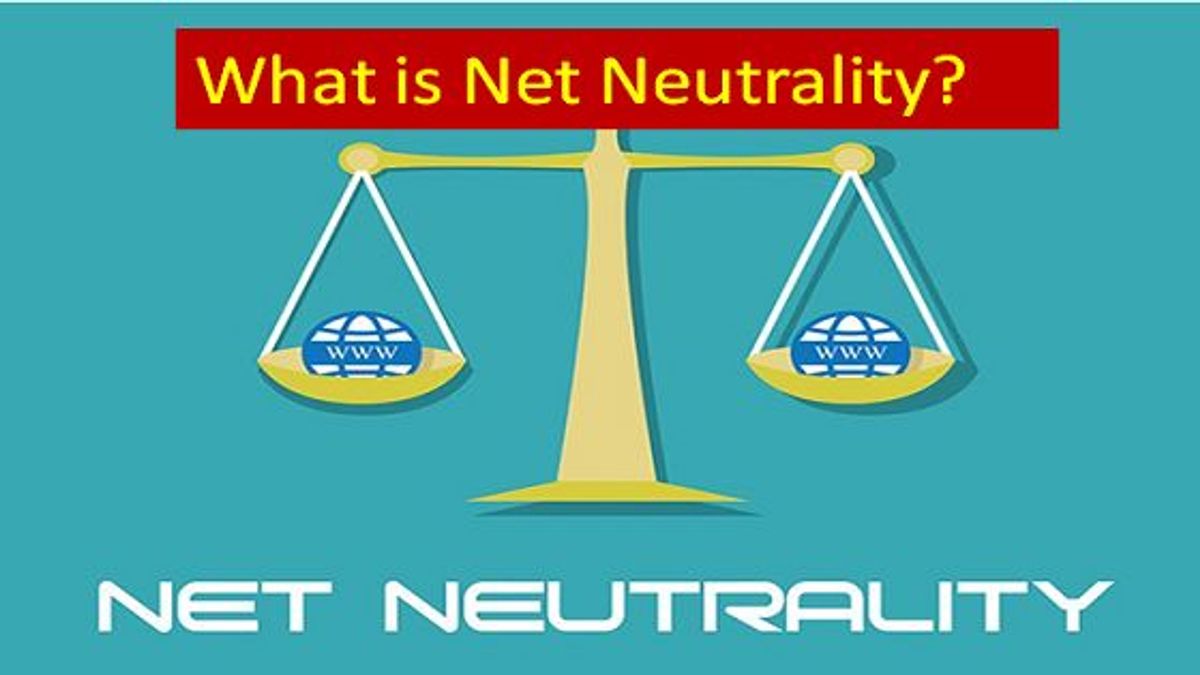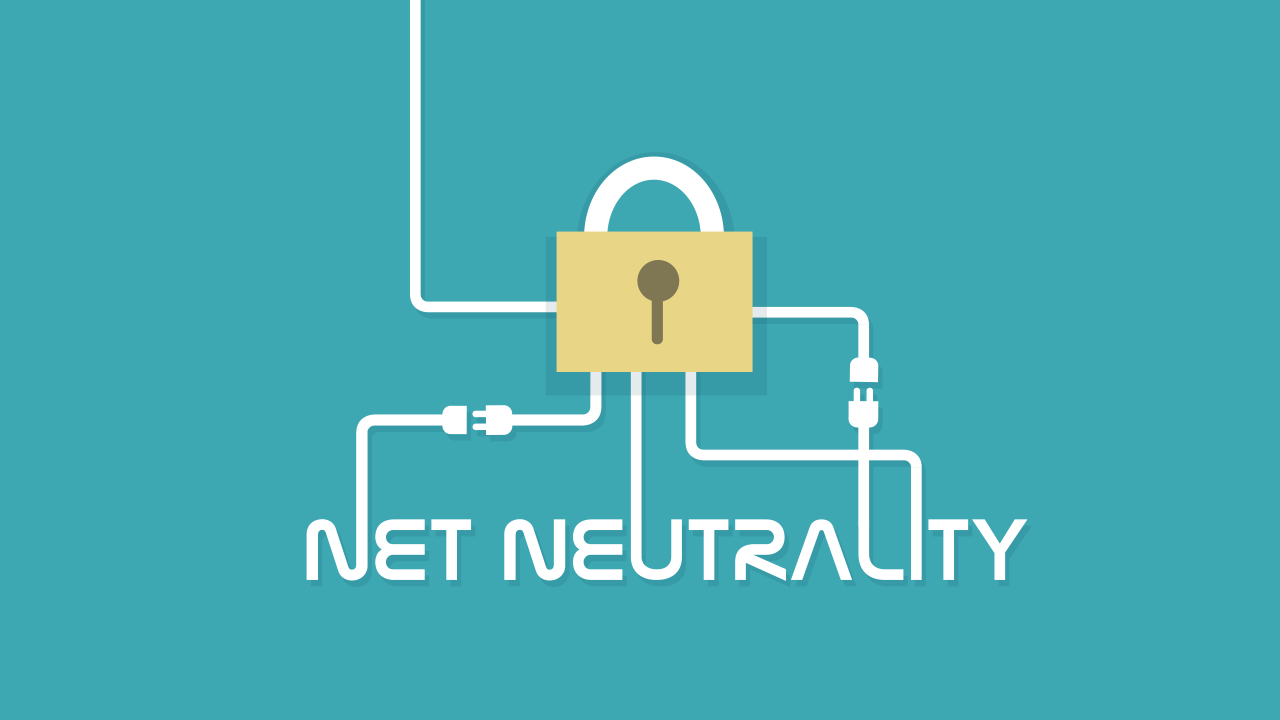
Net neutrality, a fundamental principle that has shaped the internet as we know it, ensures equal treatment for all data flowing through the web. This article delves into the intricacies of net neutrality definition, exploring its historical evolution, core tenets, and the arguments surrounding it.
At the heart of net neutrality lies the belief that internet service providers (ISPs) should treat all data equally, regardless of its source, destination, or content. This means that ISPs cannot block, throttle, or prioritize certain types of traffic, creating a level playing field for all internet users.
Net Neutrality Definition

Net neutrality is the principle that all internet traffic should be treated equally, regardless of its source, destination, or content. It ensures that internet service providers (ISPs) cannot discriminate against specific websites or applications, or charge users more for accessing certain types of content.
The core principles of net neutrality include:
- Non-discrimination:ISPs cannot block or slow down access to any website or application.
- Transparency:ISPs must be transparent about their network management practices and any potential impact on internet traffic.
- Fairness:ISPs cannot prioritize certain types of traffic over others, such as their own content or services.
Net neutrality regulations have evolved over time, with different countries implementing various approaches. The United States, for example, has had a strong net neutrality policy since 2015, but it was repealed in 2017.
Net neutrality protects internet users by ensuring that they have equal access to all online content and services. It also promotes innovation by allowing new businesses and applications to compete on a level playing field.
Arguments For and Against Net Neutrality, Net neutrality definition
Arguments in Favor of Net Neutrality
- Protects consumer rights:Net neutrality ensures that consumers have equal access to all online content and services, regardless of their ability to pay.
- Promotes competition:Net neutrality prevents ISPs from favoring their own content or services, creating a level playing field for new businesses and applications.
- Encourages innovation:Net neutrality allows developers to create new applications and services without fear of being blocked or slowed down by ISPs.
Arguments Against Net Neutrality
- Government overreach:Opponents of net neutrality argue that it is an example of government overreach, and that ISPs should be free to manage their networks as they see fit.
- Stifled innovation:Some argue that net neutrality could stifle innovation by preventing ISPs from investing in new network technologies and services.
- Increased costs:ISPs claim that net neutrality regulations could increase costs for consumers by preventing them from offering differentiated services.
There is evidence supporting both sides of the debate. Studies have shown that net neutrality can promote competition and innovation, while others have raised concerns about potential costs and government overreach.
Net Neutrality in Different Countries
Net neutrality regulations vary widely across different countries. Some countries, such as the United States, have strong net neutrality policies, while others have no regulations at all.
The following table compares net neutrality regulations in several countries:
| Country | Net Neutrality Regulation |
|---|---|
| United States | Repealed in 2017 |
| European Union | Strong net neutrality regulations |
| China | No net neutrality regulations |
| India | Weak net neutrality regulations |
The impact of net neutrality regulations on internet access, competition, and economic growth is complex and varies from country to country.
The Future of Net Neutrality
The future of net neutrality is uncertain. In the United States, the Federal Communications Commission (FCC) is considering reinstating net neutrality regulations, while in other countries, net neutrality is facing challenges from both governments and ISPs.
Emerging technologies and business models, such as 5G networks and the Internet of Things (IoT), could also impact the future of net neutrality. These technologies could create new opportunities for discrimination and prioritization of traffic.
It is important to continue to monitor the evolution of net neutrality regulations and their impact on the internet.
Case Studies
There have been several high-profile cases involving net neutrality regulations.
In 2010, the FCC fined Comcast for blocking BitTorrent traffic. This was one of the first major cases involving net neutrality.
In 2015, the FCC adopted strong net neutrality regulations. However, these regulations were repealed in 2017.
In 2018, the European Union adopted strong net neutrality regulations. These regulations have been challenged by ISPs, but they remain in place.
These cases illustrate the importance of net neutrality regulations and the challenges they face.
Closing Summary

The debate surrounding net neutrality has been fiercely contested, with proponents arguing for the preservation of an open and accessible internet, while opponents raise concerns about potential government overreach and stifled innovation. As the internet continues to evolve, the future of net neutrality remains uncertain, but its core principles will undoubtedly continue to shape the way we experience the web.
Question & Answer Hub: Net Neutrality Definition
What are the key principles of net neutrality?
The core principles of net neutrality include equal treatment for all data, regardless of its source, destination, or content; transparency in ISP practices; and the prohibition of blocking, throttling, or prioritizing certain types of traffic.
Why is net neutrality important?
Net neutrality is essential for maintaining an open and competitive internet, fostering innovation, protecting consumer rights, and ensuring equal access to information and services.





